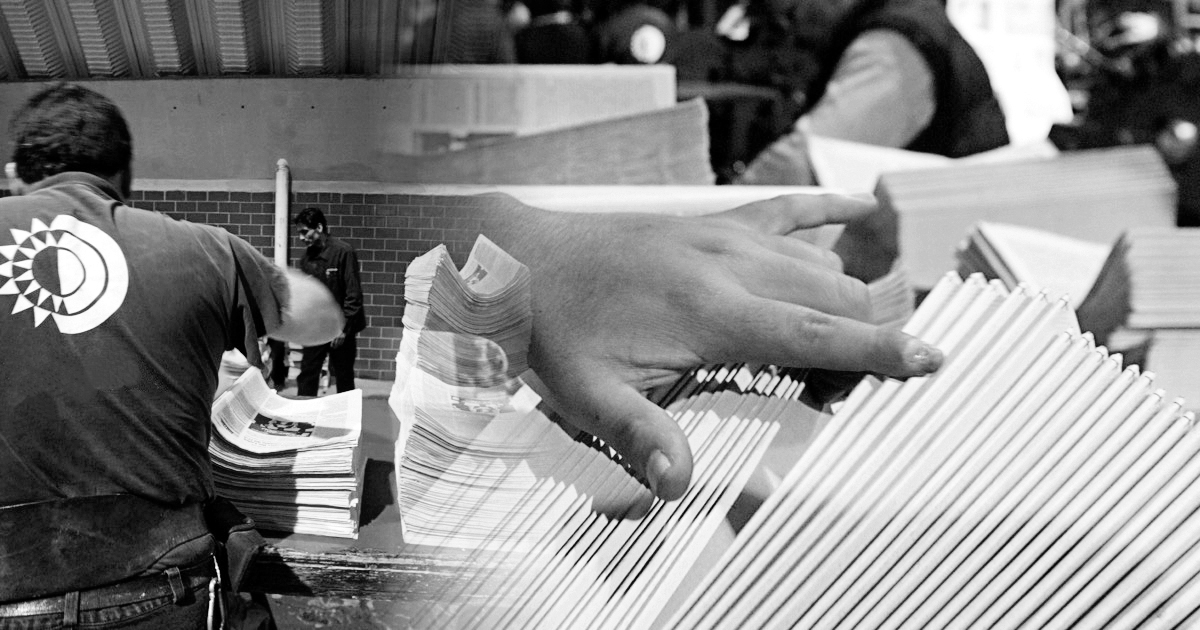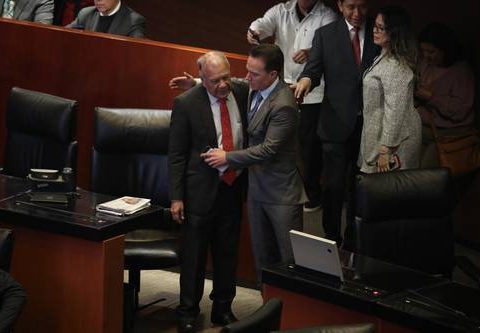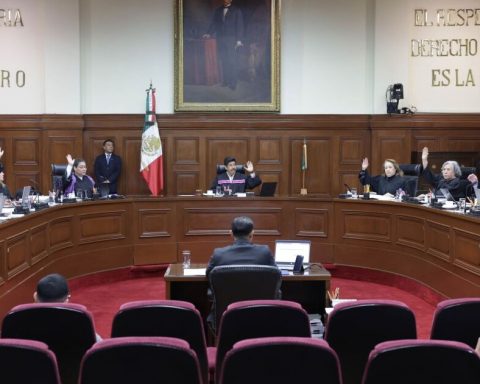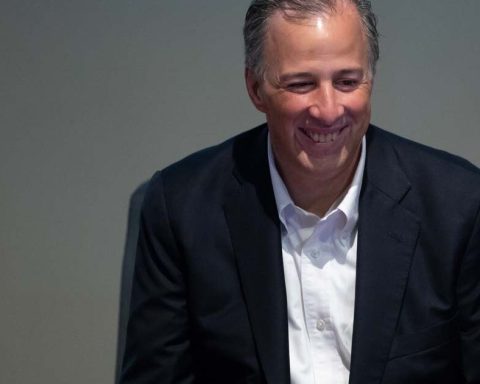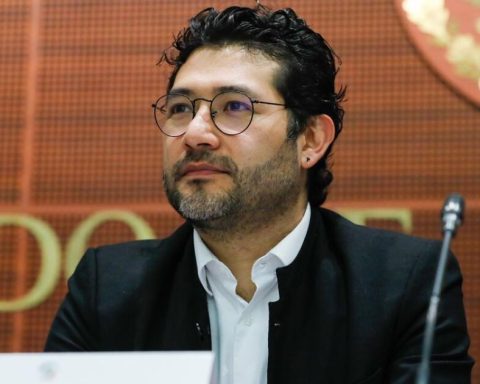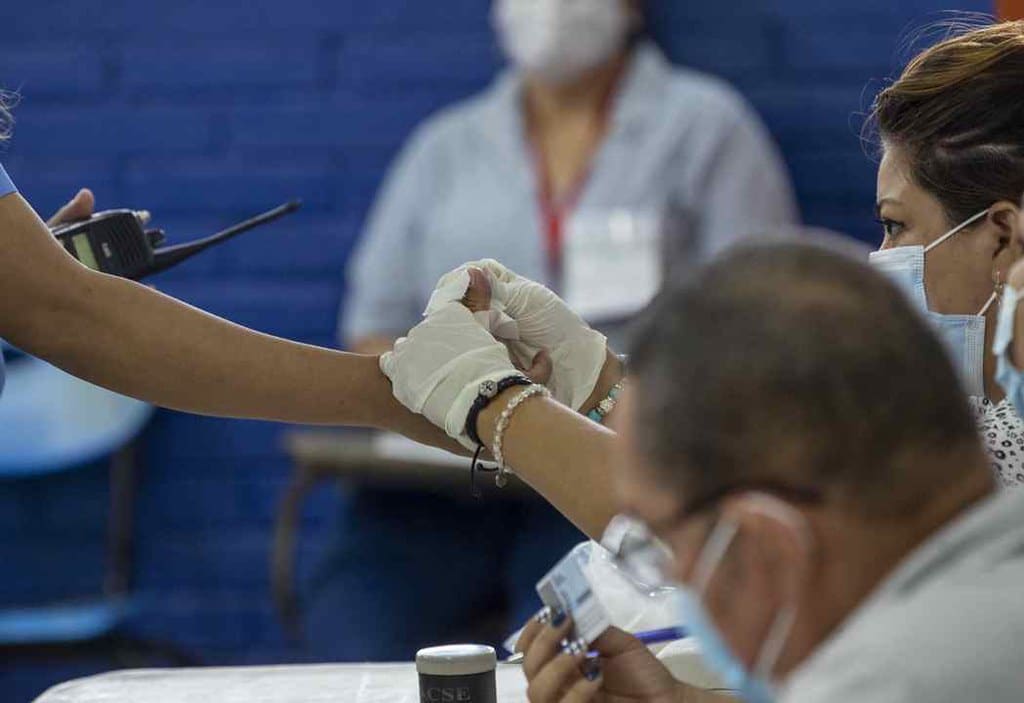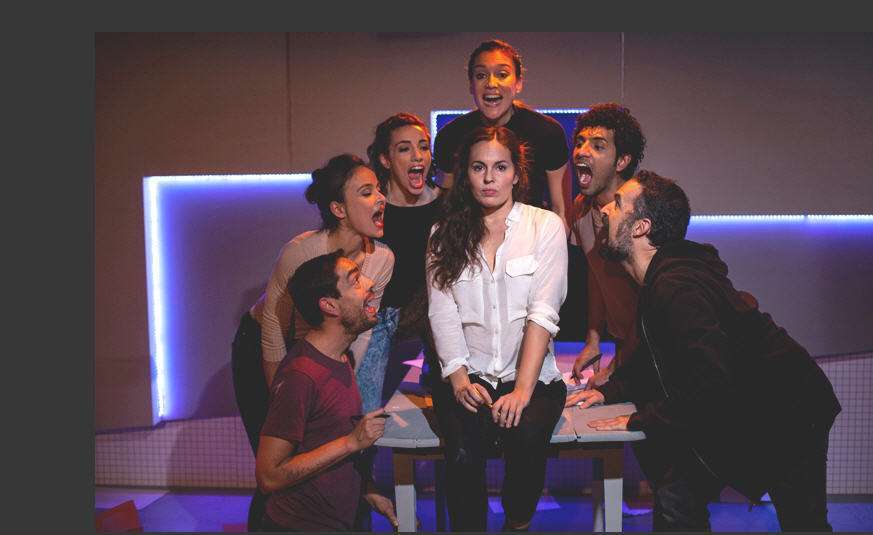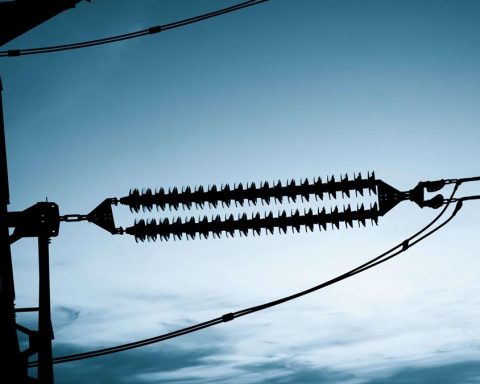D
After months of speculation demands and public accusations between the parties, the purchase of Twitter by Elon Musk was finalized. As with any other matter of general interest today, the operation polarized public opinion into two irreconcilable factions.
Those who celebrate the change of leadership argue
that the intervention of the eccentric South African millionaire offers the opportunity for Twitter to recover the political balance that has been fractured by a censorship apparatus, which under the pretext of inclusion and not promoting hate speech, prevents conservative or right-wing expressions from having the same spread as its counterpart. Said counterpart, the one that identifies with the Anglo-Saxon liberal left, has spoken out against the acquisition, objecting that Musk’s commitment to freedom of expression is false. They argue that Musk is actually pursuing a political agenda inspired by techno-libertarianism driven by Silicon Valley ideologues such as Peter Thiel, who advocate reducing the role of the state in the economy, the rise of a new technological aristocracy, and the end of of the marriage between capitalism and democracy. Giving up the discursive controls that have been implemented in social networks is the first step towards political-social anarchy and with concrete consequences.
Beyond the vices and virtues of both positions, it is convenient to examine the situation in more detail, considering that the polarization generated by the purchase of Twitter is symptomatic of a phenomenon of greater breadth and scope.
The beginning of the rise of social networks (2007) coincided not only with the spread of broadband, mobile phones and cloud storage, but also with highly favorable economic conditions for the development and growth of this type of business.
For more than a decade, the high liquidity derived from the palliative measures implemented as a result of the 2008-2009 crisis translated into the high valuation of these companies in the stock market, who saw in technological giants the opportunity to generate quick profits. from its growth. Said companies, for their part, chose to invest the profits produced by their businesses in more research and development, with the expectation that the creation of technology, patents or user affiliation would have repercussions on the share value of the company and so on until reaching the consolidation of a market. The model was successful as long as there was capacity for constant stock valuation.
The operating business scheme of technology companies such as Twitter, Facebook, Instagram, Amazon, Netflix, etc.; however, it depends on what experts have called the network effect
, that is, its value responds to the number of buyers, sellers or users who adopt it. Currently, despite having millions of users, the business model of most social networks involves distributing content or products in exchange for the sale of advertising to advertisers.
Although revolutionary and disruptive, this model seems to be no longer sufficient to sustain the share value and growth of these companies in the face of this new decade. The anti-inflationary policy of the central banks has begun to create market conditions with less liquidity, which has forced investors to be more careful and opt for more defensive portfolios that favor the real value of companies to the detriment of those with potential growth . Proof of this is that the shares known as FAANG (Facebook, Amazon, Apple, Netflix and Google) have fallen by around 48 percent in one year, and Meta and YouTube have declared disappointing figures regarding the advertising branch of their business.
In this threatening context of economic recession, it is not surprising that immediately after taking over the social network, Musk announced measures such as layoffs, new fees for account verification and the resurgence of new applications.
The message is clear, Twitter needs to rethink its business model and Musk is not the only one with this idea. Last Thursday Netflix started with the new subscription economical
which is supported by advertising, while Amazon announced that it would suspend the creation of new positions within its advertising business. Hand in hand with Zuckerberg, Meta has invested billions of dollars in the development of the metaverse, betting on virtual reality as a new business niche. Apple, for its part, is betting on augmented reality by developing new technological infrastructure. Amazon, a retail company, already has its own content distribution channels, not to mention its satellite shipping division, a view that Bezos shares with Musk.
Social networks are undergoing a transformation phase that involves the integration of various niches into a single business that brings together distribution, content creation, retail sales from a virtual platform, immersive experiences such as virtual reality, video games or the metaverse, and financial technologies. (FinTech) that reduce or compress the margins of the collection and payment processing fees, and, why not?, infrastructure.
Dorsey and McKelvey, founders of Twitter, are currently focused on the development of Block, a payment platform that integrates applications for money transactions, credit and web hosting services. As the investor Kathy Wood has commented, the purchase of Twitter has to be read in this key: Musk seeks expanding Twitter’s reach to include payments through a WeChat-like digital wallet, resurrecting Vine as a short-form video alternative to TikTok, and growing its subscription business through Twitter Blue
. Zuckerberg, whose platform has 3 billion users, has gone even further by proposing the DIEM cryptocurrency as a native payment method for Meta.
In other words, we are at the dawn of a technological and commercial war to create the new super application. The real risk of this technological adventure is not only in social polarization, the absolute displacement of the State as a regulatory entity, but in the control of the destiny of millions of human beings whose lives will literally pass through these applications. After all, who votes for CEOs?
